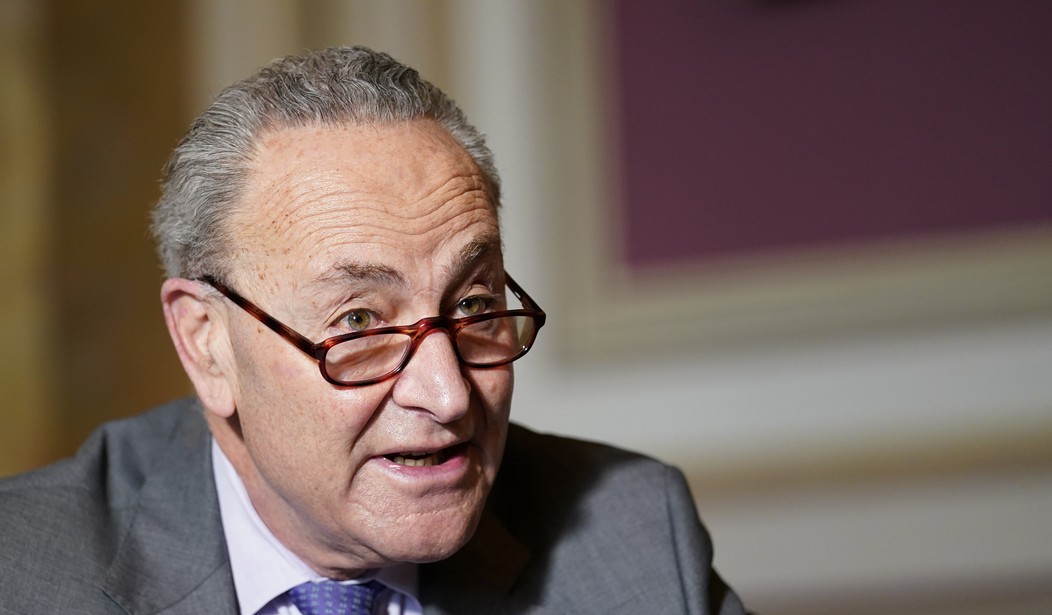Now that Democrats control the Senate, expect changes in leadership that will dramatically change policy.
Before the losses in Georgia, Washington was looking like Democrats would hold a small majority in the House and the presidency, while Republicans would hold onto the Senate by one or two seats. The loss of Georgia incumbent Sens. David Perdue and Kelly Loeffler changed everything and provided unified control of the legislative and executive branches. This shift allows for a more aggressive agenda by Democrats.
Although the orders will be coming from the top—from President Joe Biden—the Senate is independent, and members are fierce in pushing their own priorities. The priorities of the Senate’s new committee chairs will bubble up to the Senate and House floor for consideration, mixed in with agenda items of the Biden administration.
First, the Senate will switch over from Senate Majority Leader Mitch McConnell (R-Ky.) to Sen. Chuck Schumer (D-N.Y.). This will give the Democratic Party control over the agenda for both the House and Senate. Having control of the Senate allows the new leader to set up a committee structure with Democrats in control of every committee and the power to schedule votes of the whole body. This new power will dramatically change the nature of politics because the Biden agenda will now have only one obstruction to prevent total control by one party: the filibuster.
An example of how one committee can drive the agenda is in the Senate Armed Services Committee. Under the expected leadership of Sen. Jack Reed (D-R.I.), who takes over for Sen. Jim Inhofe (R-Okla.), the committee will have different priorities when they craft the annual National Defense Authorization Act (NDAA) in the upcoming months. The NDAA is usually the last legislative ship out of the Senate to the president and it carries both defense policy and unrelated matters that are added onto the bill by members of the committee. Sen. Reed is a former active-duty military officer and will bring a starkly different view to the committee leadership.
The new leadership of the Senate Armed Services Committee needs to reverse a trend from the past few years where the legislative branch was carrying the water for priorities of the Pentagon as requested by special interests. The past leadership of the committee was far too close to the defense special interests, and the priorities of defense contractors overshadowed the work that was necessary to support the nation’s military. This committee approved record-breaking defense spending bills full of wasteful provisions and kickbacks for special interests that did not serve the goal of having a strong national defense.
In the last NDAA bill, the special interests pushed and were successful in getting a provision targeting an American company that services law enforcement agencies and public safety authorities. In the same bill, they deleted a provision that would have protected our military against a Chinese drone company. There were even accusations, as reported in the New York Times, that the chairman “came under fire (in December) for purchasing tens of thousands of dollars of stock in a leading defense contractor just a week after he successfully lobbied the Trump administration to increase military spending.” Even if there was no conflict, there is always the appearance of impropriety for senators trading in stock when they have some decision-making power over whether those companies get government contracts.
The change in leadership in the Senate will impact policy significantly. Senator Reed can avoid the potholes that some Republicans hit on the Senate Armed Services Committee and remove provisions in law that punish American companies at the behest of American and foreign-owned competitors. This change would be welcomed by Americans who dislike the cronyism in Washington and see politicians of both parties favoring special interests over the interests of the voters.
Lane Koch is a former congressional staffer and a Republican strategist specializing in grassroots voter contact.









Join the conversation as a VIP Member